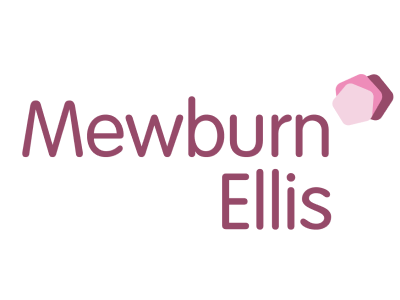LONDON – International IP firm Mewburn Ellis today released a report on the Validation State system, a newer feature of the European Patent (EP) system employing ‘Validation Agreements’ to secure and validate European patent protection in four Emerging Market countries: Cambodia, Moldova, Morocco, and Tunisia. This report is launched ahead of the expected extension of the system to Georgia in 2024.
Following on from the findings made in the firm’s European Validation Strategies reports in 2021 and 2022, this report examines the key features of the system, awareness, and usage of the system, as well as timelines for decision-making.
Validation State system usage
By studying the EP validation system in Morocco from 2016 to 2019, the report found a clear contrast between the prevalent fields and subject matter for application between it and the European Patent Office (EPO).
At the EPO, the top three fields for applications in 2019 were Digital communication (7.8%), Medical technology (7.6%), and Computer technology (7.0%), making up about 22% of all applications. Moroccan validations in these areas only make up about 7% of cases since the system began.
Companies in the pharmaceutical field are shown to be using the Validation State system to get patents, comprising the top field for applications in both Morocco and Moldova, while being the EPO’s 7th top field for applications.
System awareness
While the report finds that usage of the validation system as a route of filing in Validation States is high, it remains a very small proportion of all European patent applications filed. In 2019, 90% of patent applications in Morocco were filed through the validation system in 2019, which represented just 1.27% of all European patent applications that year.
A supporting LinkedIn survey of 61 respondents run through the Mewburn Ellis LinkedIn found that awareness of the European validation system outside of the European patent attorney community is low, suggesting an opportunity for increased awareness and uptake by those not working directly with European Attorneys to cost effectively validate European patents in countries outside Europe.
Robert Watson, Partner, Patent Attorney at Mewburn Ellis, said:
“The validation system represents a versatile and cost-effective way to secure and validate European patents. Uptake of the validation system as a proportion of all European patent protection activity does remain low, but this presents a strategic opportunity for early adopters to familiarise themselves with the system.
“When considering whether to choose a Validation State, it is important to consider the broader commercial context of the application and the overall filing strategy. While each participating country comes with its own nuances – particularly around extent of translation, cost, and type of eligible patents – we see it as a positive development for the EPO that holds strong potential.
“For applicants without a residence in the market – which will be most – a local representative must be appointed. Mewburn Ellis work with a trusted network of partners in Validation States to ensure that European patents are attended to in an efficient and cost-effective manner that it integrated with our usual post-grant European practice.”

Robert Watson
Partner and Patent Attorney, Mewburn Ellis
You may also like…
Pravin Anand conferred with the APAA Enduring Impact Award
Pre-eminent IP Lawyer and Managing Partner of Anand and Anand, Mr Pravin Anand, has been conferred with the...
The quiet power of confidentiality clubs in SEP litigation
In standard essential patent (SEP) disputes, especially those involving FRAND (Fair, Reasonable, and...
A $10 million patent win reduced to a $1 lesson in damages
In a decision that will resonate as a stark warning to patent litigants, the US Court of Appeals for the Federal...
Contact us to write for out Newsletter













